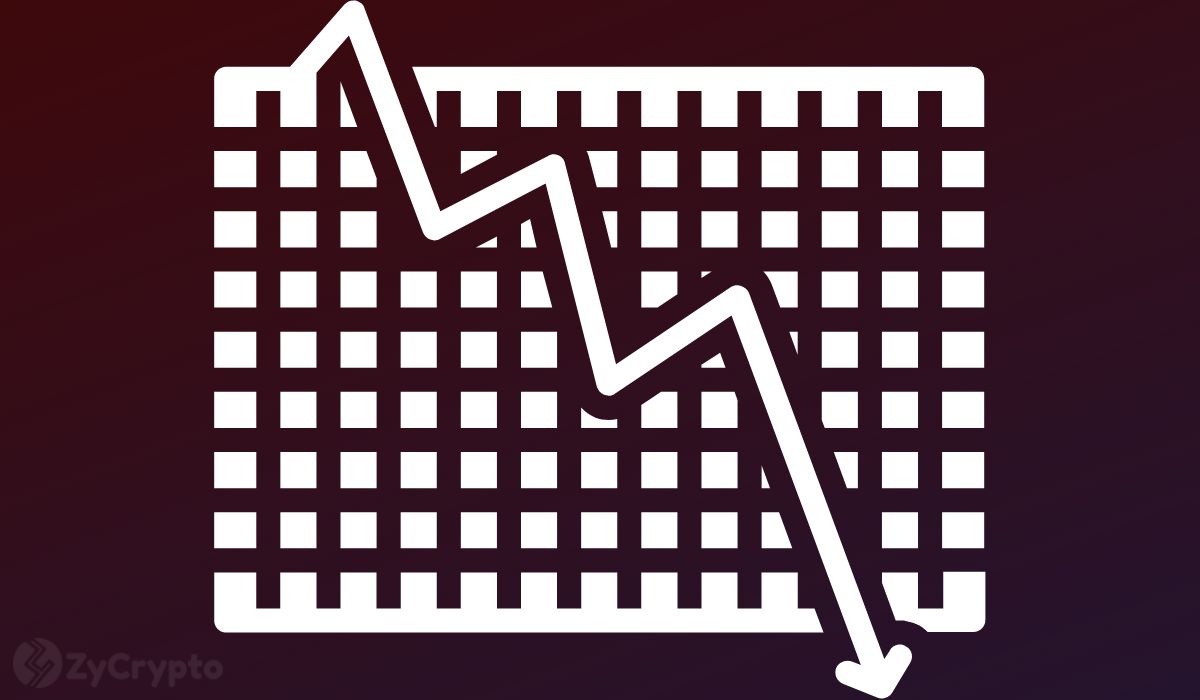2023-10-4 13:45 |
In crypto, the threat of scams looms large, and recent research by Coin Kickoff reveals a startling trend. Bitcoin blackmail scams have emerged as the most successful attack vector, with scammers netting an average of nearly $1.7 million in the first half of 2023.
Despite the decrease in the percentage of crypto transactions linked to illegal activities, the financial impact remains significant, with scammers receiving a total of $55.04 billion in 2021.
Bitcoin Scams are EvolvingWhile only a fraction of cryptocurrency transactions are associated with illicit activities, the financial and emotional toll on individual victims is noteworthy.
The authors of the Coin Kickoff report pointed out:
“Crypto scams are an expensive and sometimes life-ruining nuisance that largely depends on the foibles of human nature.”
Coin Kickoff’s study analyzed 251,806 abuse reports linked to 87,722 unique blockchain addresses. The most common scams identified were blackmail, sextortion, and ransomware, with blackmail scams often involving threats to release personal data unless a crypto payment is made.
Most reported types of crypto scams. Source: CoinKickoffHowever, crypto scams are not static. While blackmail has been the most reported scam since 2018, ransomware scams are increasingly being reported. On the other hand, investment scams have declined as awareness increases.
Giveaway scams are also gaining traction. Examples of these often involve scammers posing as celebrities to lure victims.
DeFi Sector an Exploit Hot SpotAnother significant revelation by Immunefi indicates that two projects, Mixin Network and Multichain, were responsible for most of the $686 million in losses from crypto exploits in the third quarter of 2023. This represents a 66% increase compared to Q3 2022 when losses caused by hacks totaled $400 million.
Mixin Network and Multichain Total Losses in Q3 2023. Source: ImmuneFiDeFi (decentralized finance) continues to be the primary target for exploits, compared to CeFi (centralized finance). In Q3 2023, DeFi represented 72.9% of the total losses, while CeFi represented 27.1% of the total losses.
Read more: CeFi vs. DeFi: Everything You Need To Know
The evolving and adaptive nature of Bitcoin scams underscores the need for individual investors to exercise caution. While the percentage of cryptocurrency transactions linked to scams may seem small, the financial and emotional impact on victims is significant.
As the authors of the Coin Kickoff report concluded,
“Awareness and caution are the first steps in protecting yourself from becoming another statistic in the growing list of crypto scam victims.”
DisclaimerIn adherence to the Trust Project guidelines, BeInCrypto is committed to unbiased, transparent reporting. This news article aims to provide accurate, timely information. However, readers are advised to verify facts independently and consult with a professional before making any decisions based on this content.
This article was initially compiled by an advanced AI, engineered to extract, analyze, and organize information from a broad array of sources. It operates devoid of personal beliefs, emotions, or biases, providing data-centric content. To ensure its relevance, accuracy, and adherence to BeInCrypto’s editorial standards, a human editor meticulously reviewed, edited, and approved the article for publication.
The post Bitcoin Blackmail Scams Most Successful Attack Vector, But Ransomware on the Rise appeared first on BeInCrypto.
origin »Bitcoin price in Telegram @btc_price_every_hour
Rise (RISE) на Currencies.ru
|
|


